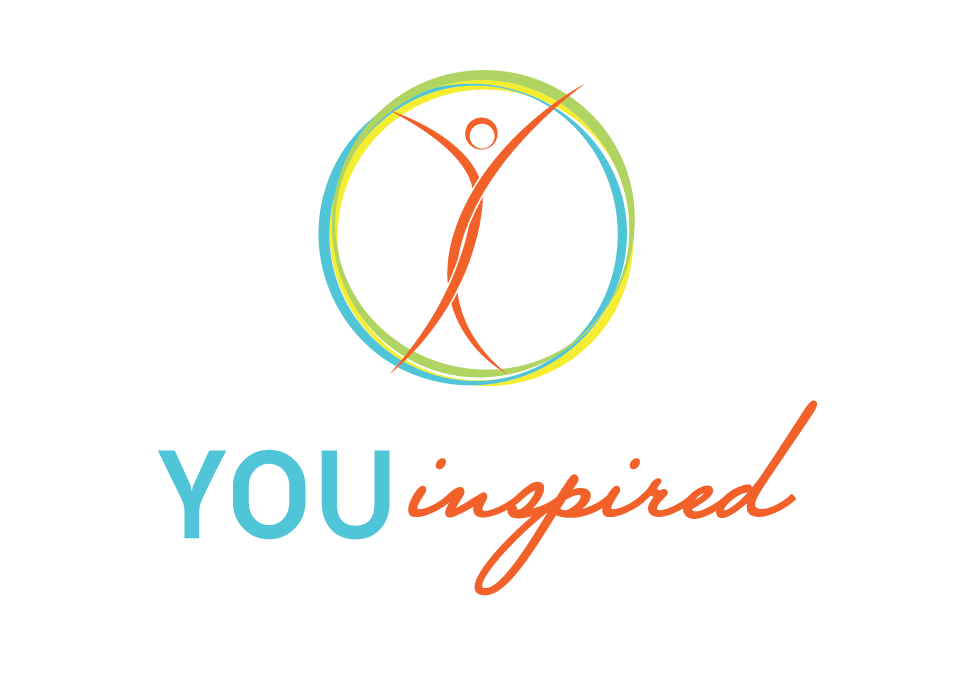Building Quality Relationships - Part 2
Once upon a time, in a beautiful orchard, lived an Apple and an Orange. An unusual pair but the very best of friends from the time they were just tiny fruits. Their obvious differences were never a problem between them. No, these differences were what made their union so perfect, bringing about excitement and adventure to both their lives! The Apple loved the tangy shell around the Orange and the Orange loved the crispy attitude of the Apple. They truly understood each other and through this love, trust and mutual respect, they married. After numerous little fruit, travel through a vast variety of orchards and now a few grand-fruit sprouting in their family tree, they have been together for many decades! However, if you walk into their orchard now, things are not the same. Their relationship is distant, strained and unhappy. The differences they once understood and loved about one another are now burdens and annoyances. The Apple feels the Orange is too tangy and the Orange feels the Apple is too crisp. They connect through low quality emotions such as anger resulting in blame – reminding each other constantly of how they are making each other miserable. They can never do anything right. This emotional pain is causing both of them incredible suffering mentally and it is even manifesting into physical pain. Stubbornly, however, they continue to live unhappily through their ripening, complaining to whomever may listen of the terrible life they both have because of the other.
Although many fruitful relationships have lasted a long time and weathered many storms and life experiences, this does not guarantee their quality. Long term relationships especially, require extra effort to maintain trust and to grow the relationship.
There is, however, no long term relationship that will ever last as long as the one you have with yourself. A lack of quality in your external relationships is a significant clue that you should look within first and reestablish a trusting relationship with yourself.
Last week we discussed Integrity to be the first step of the trust framework. A high level of integrity however, is not fruit-full without the second step of trust, Accountability
“A body of men holding themselves accountable to nobody, ought not to be trusted by anybody.”
Similarly, Brené Brown famously said in 2015
“ I can only trust you if, when you make a mistake, you are willing to own it, apologize for it, and make amends. I can only trust you if when I make a mistake, I am allowed to own it, apologize, and make amends. No accountability? No trust”.
So, accountability can be defined as taking ownership for our behaviour, including making amends when we make mistakes. It also includes how we manage ourselves and allow for the other to also be accountable for themselves.
It’s important for us to check-in with ourselves again and explore how we are displaying accountability to ourselves and others. Low level accountability is displayed through blame, negative emotions and a victim mentality. We start to blame others for the way we feel, the lack of progress in our lives and the inability to solve our problems.
We also show distrust by not allowing the other person to be accountable in the relationship. Many parents are guilty of swooping in to protect their child from the pain they assume they will experience in certain social situations. This doesn’t allow the child to step up and correct their mistakes or to learn how they can handle themselves better. Similarly, within some couples, you will find a similar story where one person assumes the other cannot handle tasks so they take care of them without telling the other, quite resentfully. These small betrayals are what lead to low level connections formed through a lack of trust.
When we are able to step up and hold ourselves accountable to our own standards, then we become problem solvers, nurturing, authentic and positive. We become our own champions instead of our own nemesis. This then filters through to all our relationships, bringing them to a quality and standard that is inline with the level of trust we have with ourselves.
One of my mentors told me many years ago: “If you don’t like the radio station, then change the frequency”. What he meant was, if you don’t like how you are connecting with yourself or someone else, then change the vibration. So let’s explore how you are displaying accountability in your life by answering the following questions.
How much of my time did I spend procrastinating today?
What kind of positive feedback did I receive today?
What kind of positive feedback did I give today?
What kind of conversations did I have with my loved ones today?
What went wrong today and how did I handle it?
What went right today and how did I handle it?
How did I value myself today?
What kind of mindset did I engage today for the most part (victim/hero/villain/leader)?
What mattered most to me today?
How did I sabotage my own progress today?
When I think about accountability, what are the 3 words that come to my mind?
Join in again next week as we continue to explore the final step in the trust framework.


